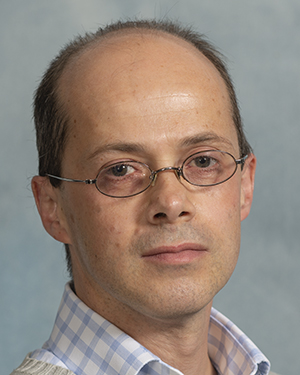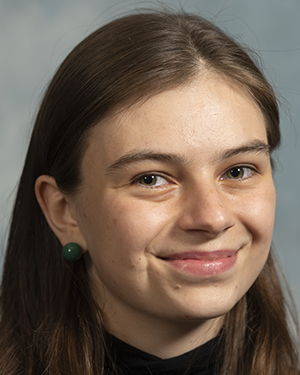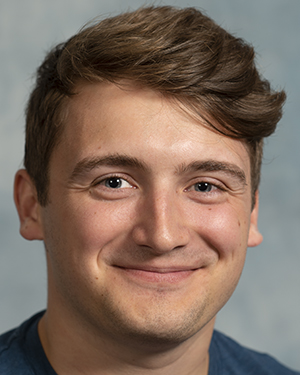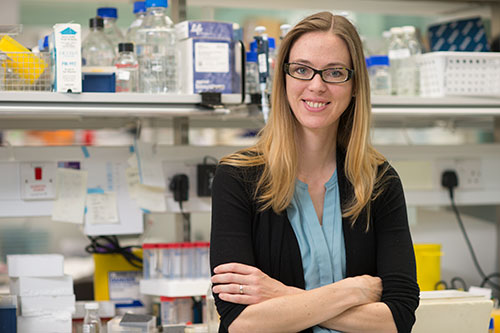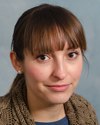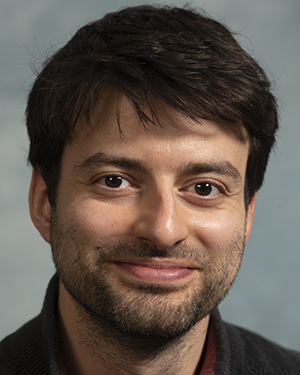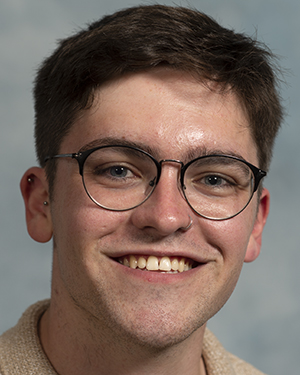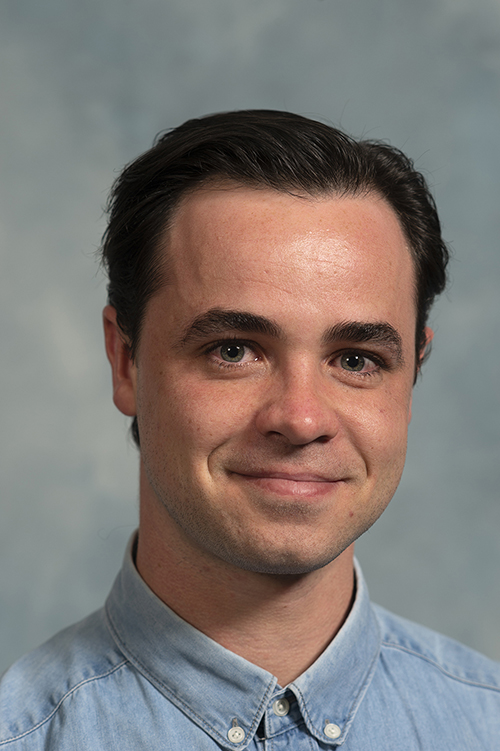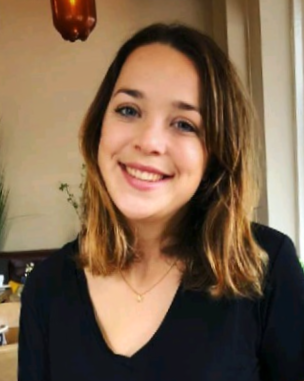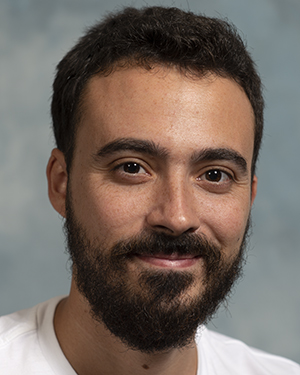- Steven was awarded his DPhil from the Plant Sciences Department at the University of Oxford for researching angiosperm reproductive biology. He subsequently worked in the bioinformatics group at the Babraham Institute (Cambridge, UK), primarily analysing NGS data and developing software.
- Charlie received a 1st Class bachelor’s degree in Biomedical Sciences and a Master’s Degree in Nanomedicine by research with distinction from the University of Manchester. During both courses he worked on projects within the Nanomedicine lab on the cellular variability of Human lung organoids, the possibility of incorporating an immune component within these models, and the effects of nanomaterials on such models. He is currently working on establishing organoids of different germ layers from reprogrammed human iPSCs.
- Madeline is a Group Leader in the Cell Biology Division of the Medical Research Council (MRC) Laboratory of Molecular Biology, part of the Cambridge Biomedical Campus in Cambridge, UK. Madeline studied biochemistry at Occidental College, Los Angeles, USA, before completing a PhD in 2010 in biomedical sciences at the University of California, San Diego, USA. She then joined the Institute of Molecular Biotechnology of the Austrian Academy of Sciences (IMBA) in Vienna, Austria as a postdoctoral researcher, before joining the LMB in 2015.
- Magda obtained her PhD from The Peninsula College of Medicine and Dentistry where she worked with Oliver Hanemann. She is currently a Research Support Officer in the Lancaster laboratory where she is a guru of all things organoid. She is currently studying the events leading to organoid formation from stem cells, as well as investigating the functions of several putative regulators of human brain development.
- Luca carried out his Ph.D research in the laboratory of Matthias Carl at Heidelberg University in Germany where he studied the establishment of left-right neuronal asymmetries in the embryonic brain. He next joined Caroline Hill’s laboratory at the Francis Crick Institute in London. There, by implementing transcriptomics and quantitative imaging approaches, he explored how morphogen gradients control cell fate specification and morphogenesis in the early embryo. He aims now to combine these expertise with the use of brain organoids to uncover evolutionary aspects underlying morphogenesis of the cerebellum, one of the most ancient regions of the brain.
- Miguel received his Masters in Engineering from the department of Bioengineering at Imperial College London, completing his master's project under the supervision of Dr. Christopher Rowlands. His studies focused on optimising experimental protocols for studying glioblastoma metabolism through Raman Spectroscopy. He is currently interested on investigating novel ways to improve imaging of organoid models, whilst uncovering processes that underline brain development.
- Alex completed his undergraduate and PhD studies at The University of Melbourne, in the research group of Diana Stojanovski. His prior research interrogated cell-type specific mitochondrial activity, its basis in protein trafficking, and how it leads to neurodegenerative mitochondrial disease. He is currently investigating the importance of metabolism in the progression of brain development, using cerebral organoid models. Employing a combination of -omics, biochemical and imaging techniques, Alex aims to characterise evolutionary differences in metabolism and how these may influence the tempo of neural development.
- Feline obtained her PhD from the Utrecht University in the group of Casper Hoogenraad where she investigated axon development and mature axon functioning. Feline is interested in exploring evolutionary aspects of axon development, with a focus on transport dynamics, in health and disease.
- Dan received his bachelor's degree in Preclinical Medicine Studies from the University of Cambridge, specialising in Psychology, Neuroscience, and Behaviour in his third year and completing a research project under András Lakatos. He is an MB/PhD student within the Cambridge School of Clinical Medicine where, after completing PhD research at the LMB, he will return to finish his medical studies. His current research interests include comparative regulation of gene expression between species in early brain development, and analysis of electrical activity in brain organoids.
- Pepe trained in Biology (2015) and Clinical Psychology (2022). He obtained his PhD at the Spanish National Cancer Research Centre (2022), focusing on the study of the role of cell division regulators in physiological and altered neurodevelopment. After his PhD studies he led a project about the regulation of developmental timing in cell state transitions during early mammalian embryogenesis. Now, his current interests include the study of the molecular determinants of evolutionary differences and the study of autism spectrum disorder using brain organoids. Out of the lab, he loves music, psychology, and traveling.
Alumni
Current position
- Alex Phillips – Ph.D. Student at the Institute of Molecular Pathology, Vienna
- Stefano Giandomenico – Postdoc at MPI Brain Research, Frankfurt
- Max Kellner – Ph.D. Student at IMBA, Vienna
- Silvia Benito-Kwiecinski – Postdoc at Memorial Sloan Kettering, New York, USA
- Iva Kelava – Senior staff scientist at Wellcome Sanger Institute
- Laura Pellegrini – Group leader at the Centre for Developmental Neurobiology, King’s College London
